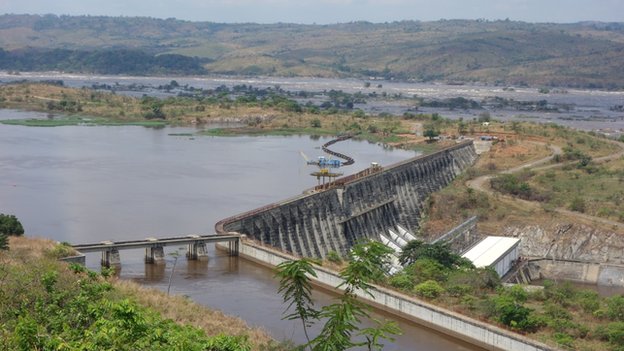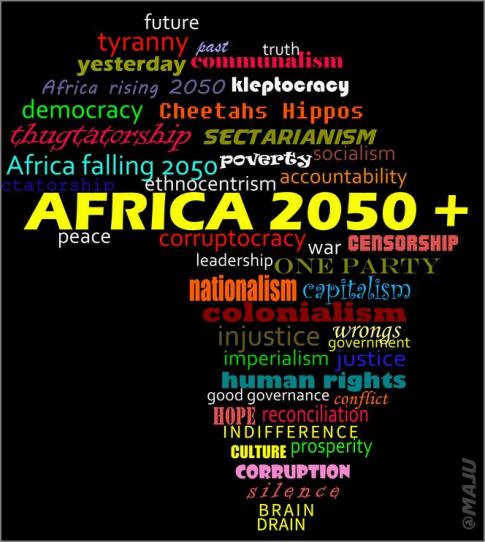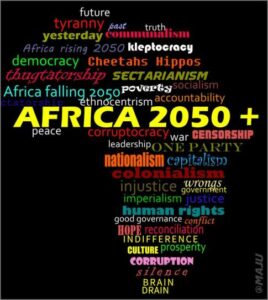Kaspersky Lab (www.Kaspersky.co.za) has launched a new partner program in Africa, aimed at managed service providers (MSPs) that already offer security services or would like to add them to their current portfolio. The program helps MSPs to address the growing demand for IT security services and enables them to attract new customers in the SMB markets, while satisfying existing customers looking to outsource all IT functions, including security, to a trusted third-party.
Riaan Badenhorst, Managing Director, Kaspersky Lab Africa says: “Kaspersky Lab’s MSP Program was created specifically to meet the needs of partners who want to grow their managed service offerings in cybersecurity – without additional administrative overheads or resources. The program is based on the world’s most tested, most awarded multi-layered security solutions. It allows MSP partners to secure the complete customer infrastructure, from mobile devices and desktops to physical and virtual servers, with our comprehensive portfolio that can be delivered both on-premises or from the cloud.”
First Distribution (www.FirstDistribution.com), operating across Africa, with offices in South Africa, Kenya and Nigeria, announced the news about joining Kaspersky Lab’s program, at their First for Cloud Roadshow in Johannesburg, South Africa, which was attended by over 100 partners, resellers and vendors. Debbie Abrahall, Managing Director, First Distribution, commented; “With Kaspersky Lab’s new program we see great opportunities for resellers and MSPs. We believe that with this, everybody in the market, including SMB clients, will benefit from the high-quality cybersecurity proposals that allow remote management and make IT security more affordable”.
The specialised program is designed for MSP partners that want to enhance and grow their reputation and expertise, achieve maximum margin at minimum risk, and ensure that their customers’ data and infrastructure are kept safe. Kaspersky Lab’s offering includes products and technologies that will enable MSP partners to provide new security services to their customers, such as remote security monitoring, managed security, virtualization security and mobile device security and management.
Participation in the program also guarantees special privileges and benefits for the MSPs themselves, including:
- exclusive access to volume based pricing with a separate MSP price list;
- monthly licensing;
- product and security training and certification;
- standard and premium technical support[1];
- extended sales and marketing materials.
Managed service providers will have the opportunity to choose between cloud and on-premises models, to provide greater flexibility of IT security services for their customers. Kaspersky Endpoint Security Cloud, suitable for smaller MSP businesses, allows MSP partners to manage customer infrastructure from the cloud using a multi-tenant cloud console. Kaspersky Endpoint Security for Business Basic and Kaspersky Security for Virtualization add the ability to use a multi-tenant on-premises solution managed by Kaspersky Security Center — for larger businesses with up to 10,000 managed nodes. Kaspersky Security for Mail Server and Managed Service Agreement are also part of the MSP offering. Managed service providers can offer clients of any size a full range of services to protect all types of corporate devices and appliances.
Partners who want to join the program need to meet several requirements, including being a provider of managed services, purchasing licenses from a distributor affiliated with Kaspersky Lab, and providing first line support to customers.
To join the program, MSP partners can register on the partner portal (http://APO.af/2CqkhF). Successful applicants will then be able to choose a distributor, complete sales and technical training, and have access to a wealth of relevant marketing materials.
[1] Five premium support incidents are included depending on the total number of customer nodes.
Distributed by APO on behalf of Kaspersky.Media contact:
Princess Tsambo
Orange Ink (http://OrangeInk.co.za)
Cell: +27 76 544 6703
Tel: +27 11 465 4075; +27 11 465 4030
Princess@OrangeInk.co.za
Follow us:
www.Facebook.com/KasperskyLabAfrica
www.Twitter.com/KasperskyAfrica
www.YouTube.com/user/Kaspersky
http://Instagram.com/kasperskylab
https://blog.Kaspersky.com
About Kaspersky Lab:
Kaspersky Lab (www.Kaspersky.co.za) is a global cybersecurity company founded in 1997. Kaspersky Lab’s deep threat intelligence and security expertise is constantly transforming into security solutions and services to protect businesses, critical infrastructure, governments and consumers around the globe. The company’s comprehensive security portfolio includes leading endpoint protection and a number of specialized security solutions and services to fight sophisticated and evolving digital threats. Over 400 million users are protected by Kaspersky Lab technologies and we help 270,000 corporate clients protect what matters most to them. Learn more at www.Kaspersky.co.za.

























